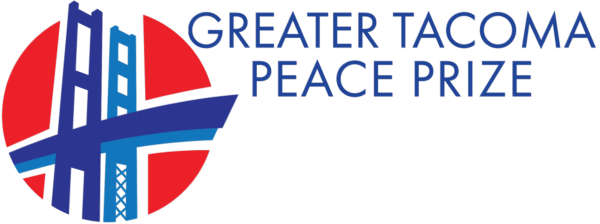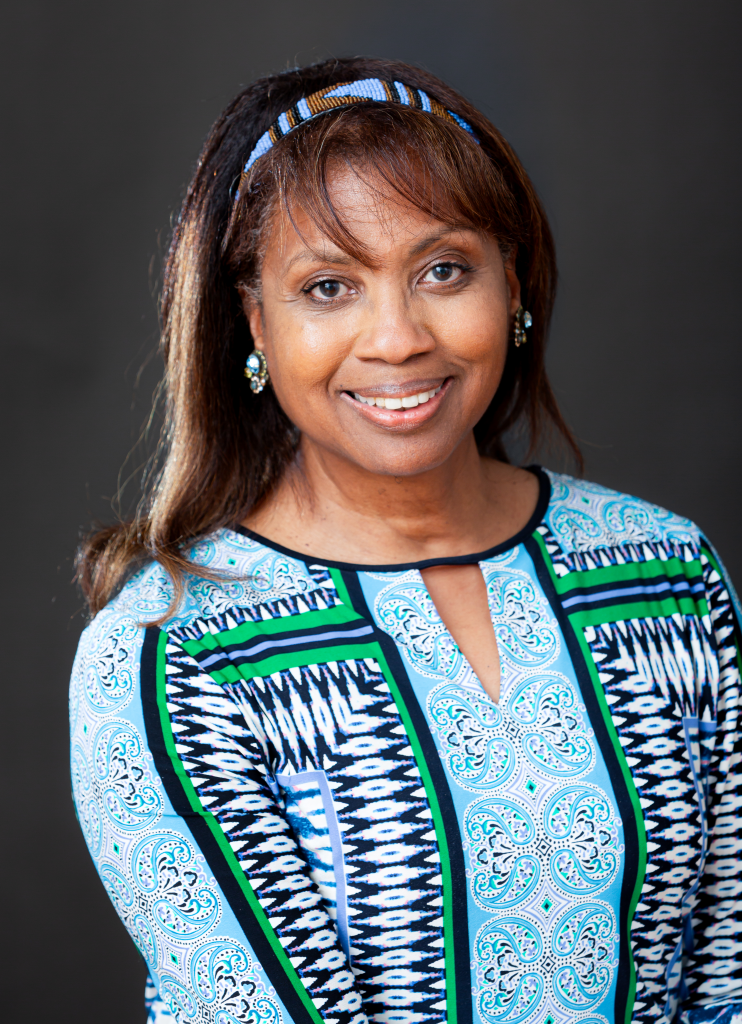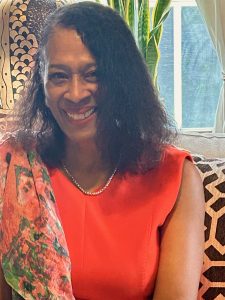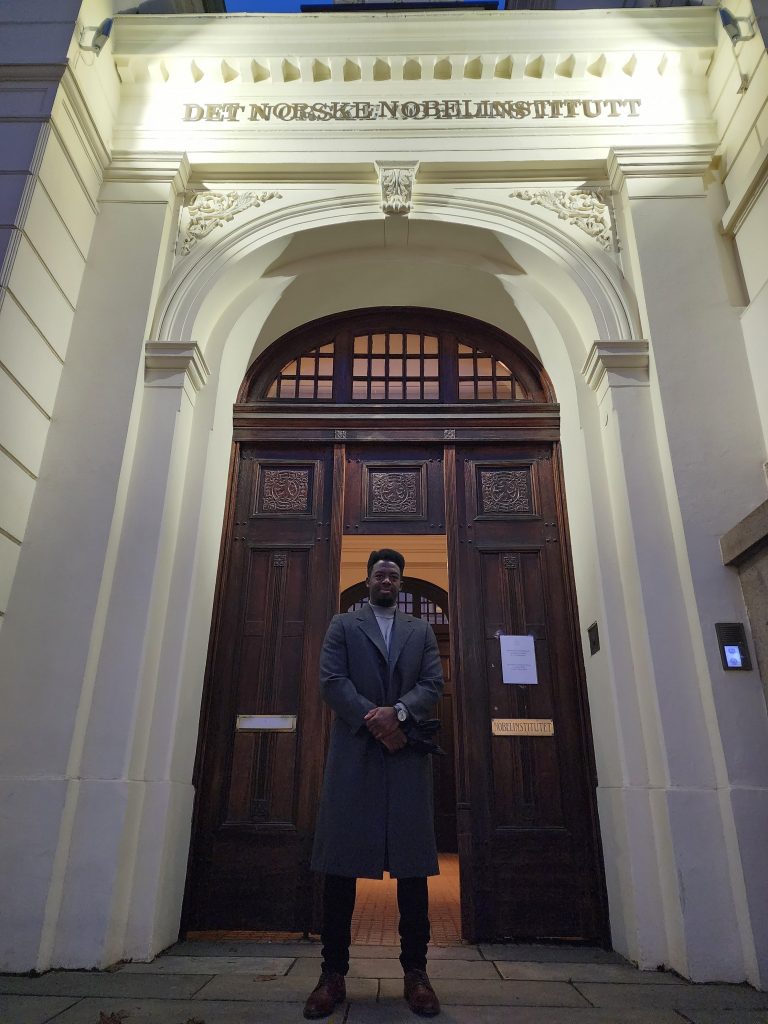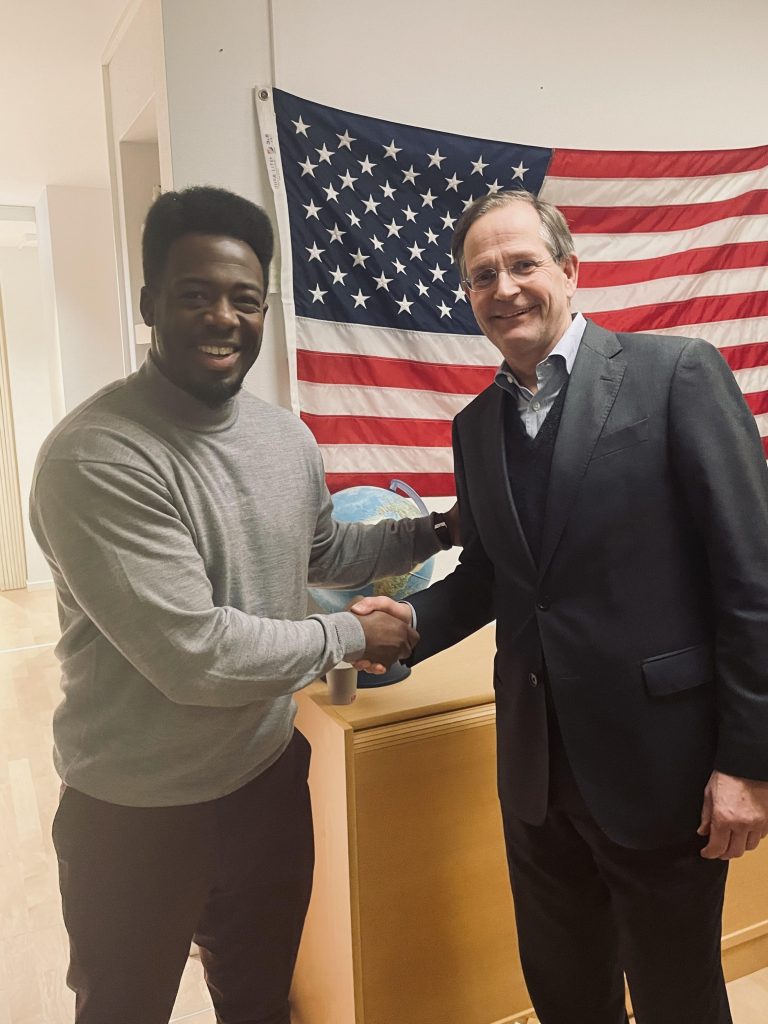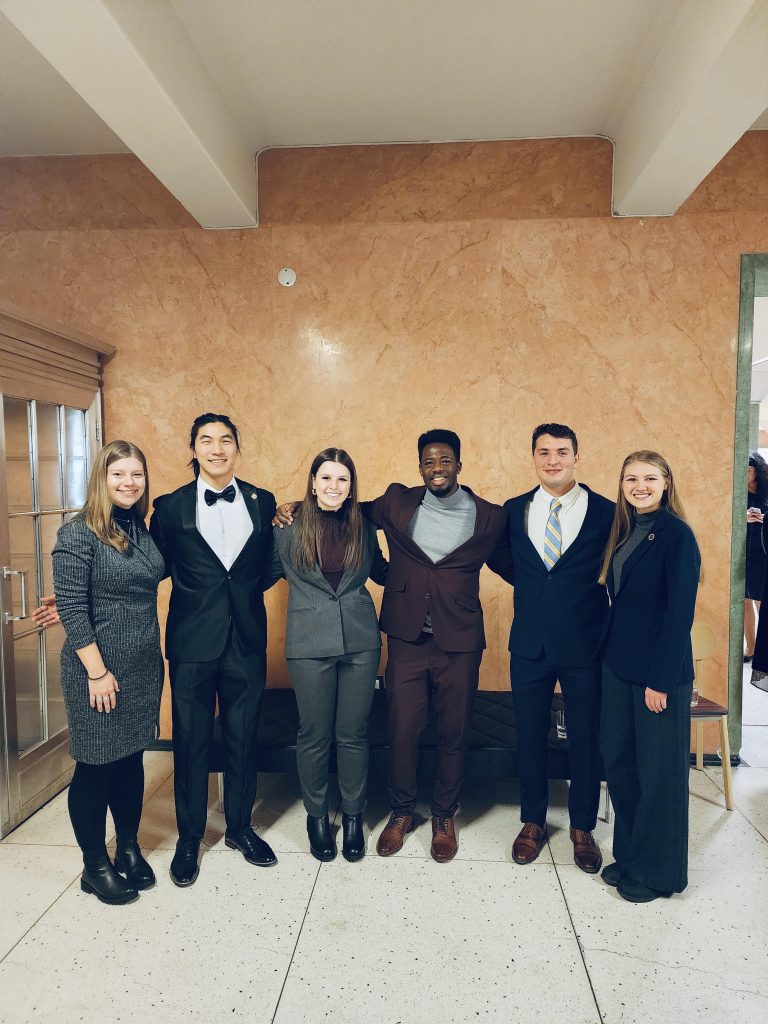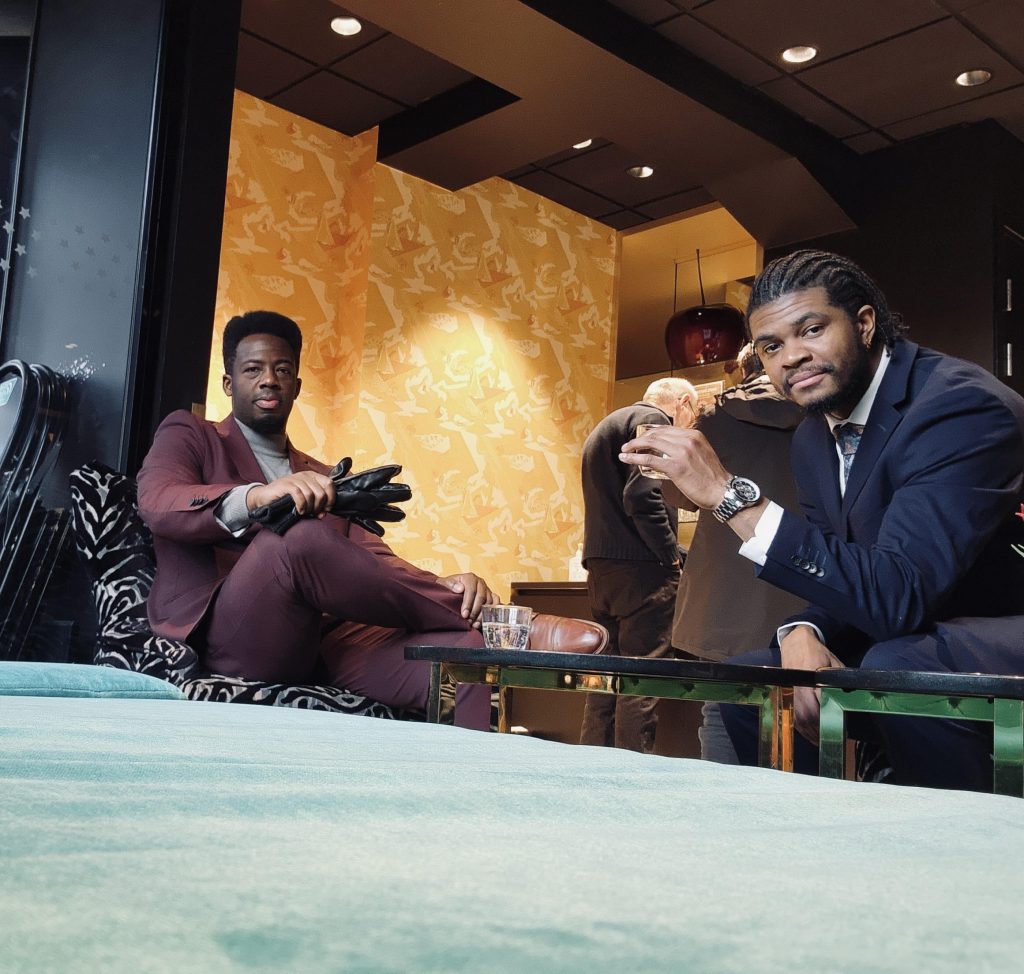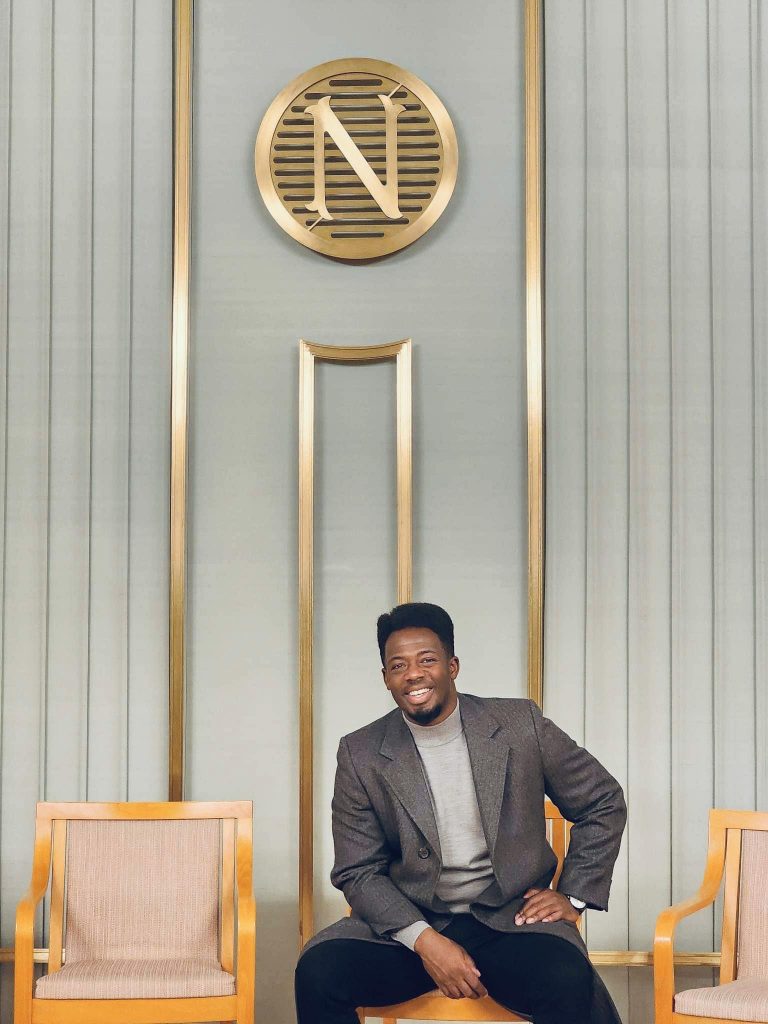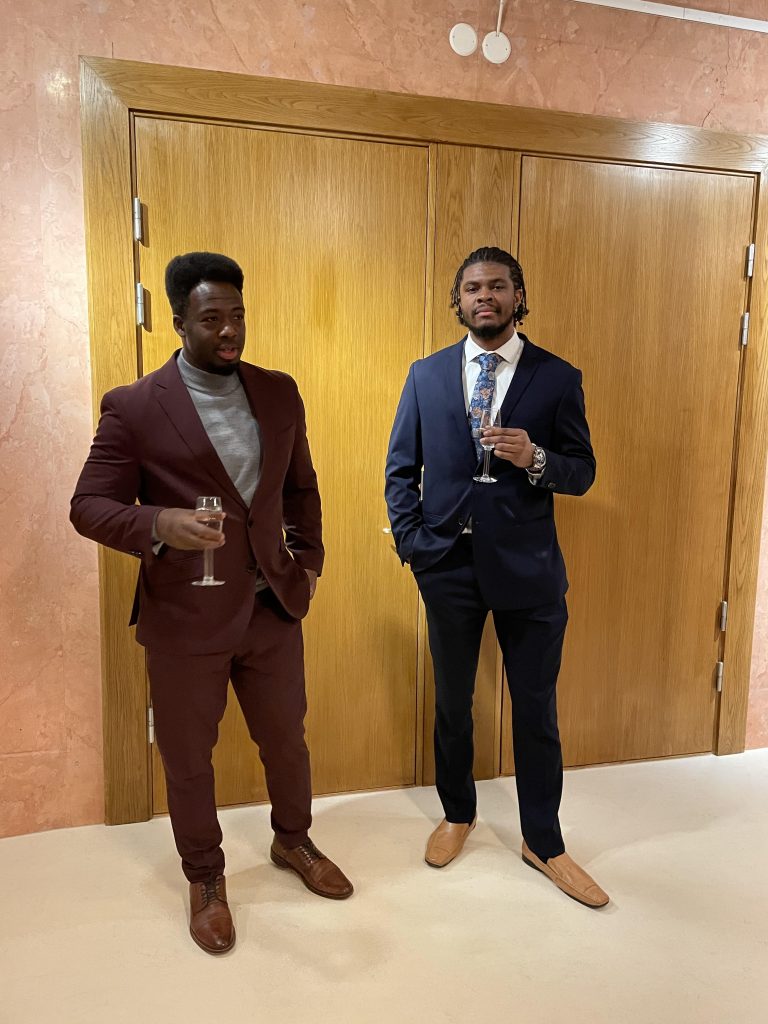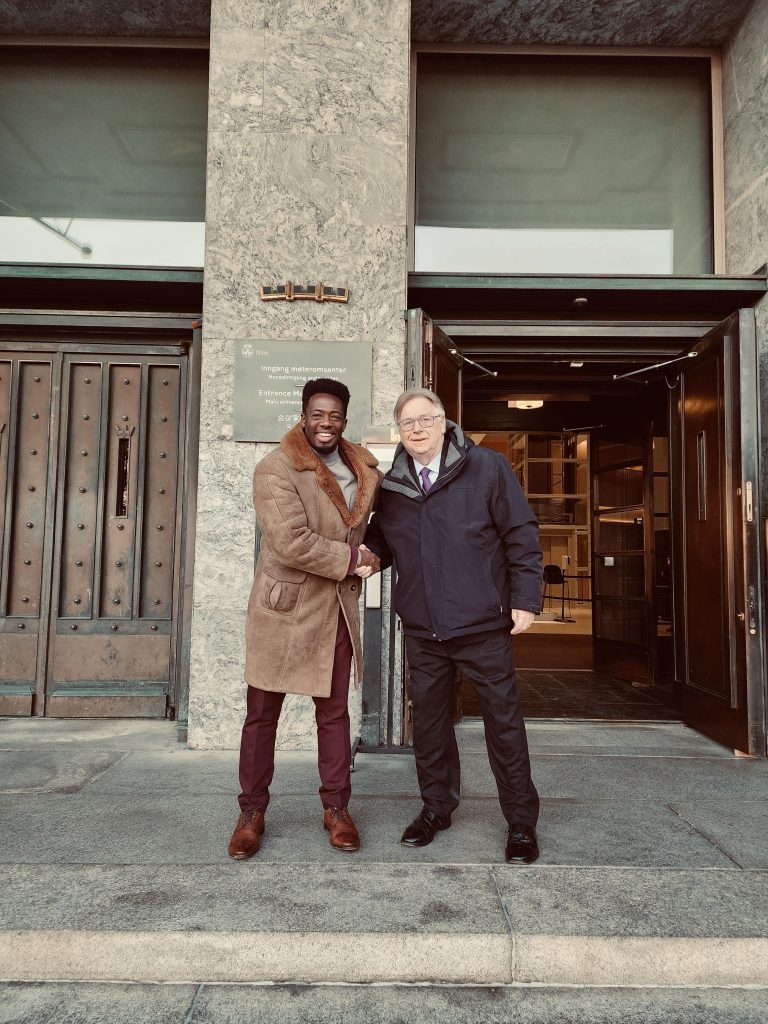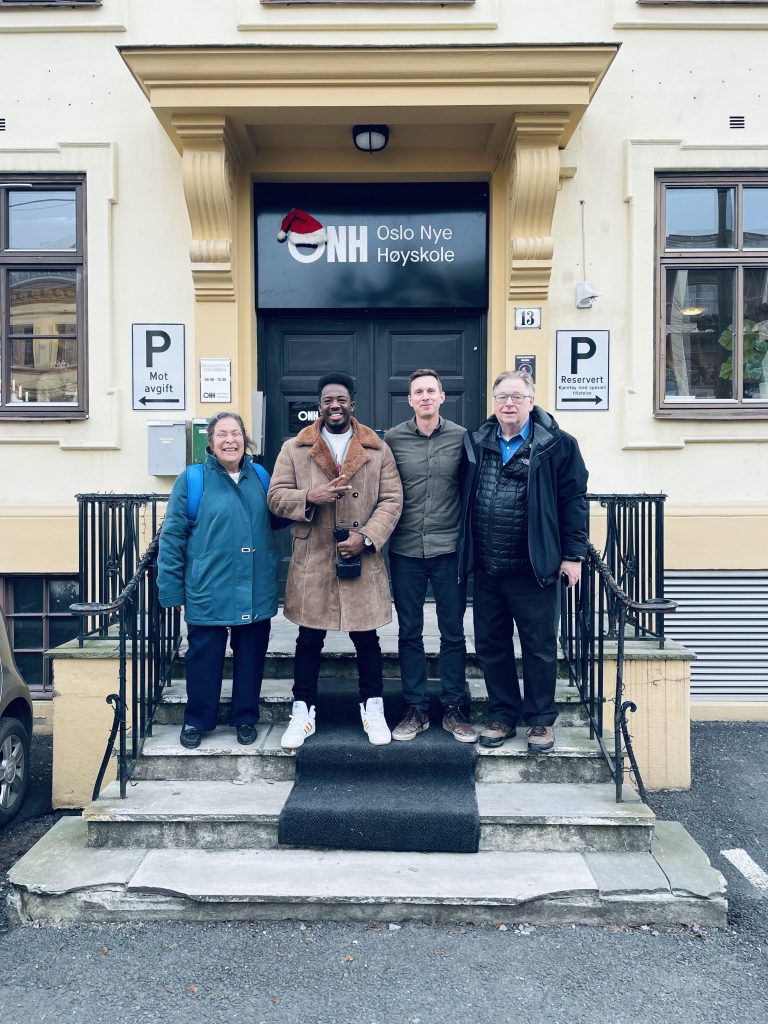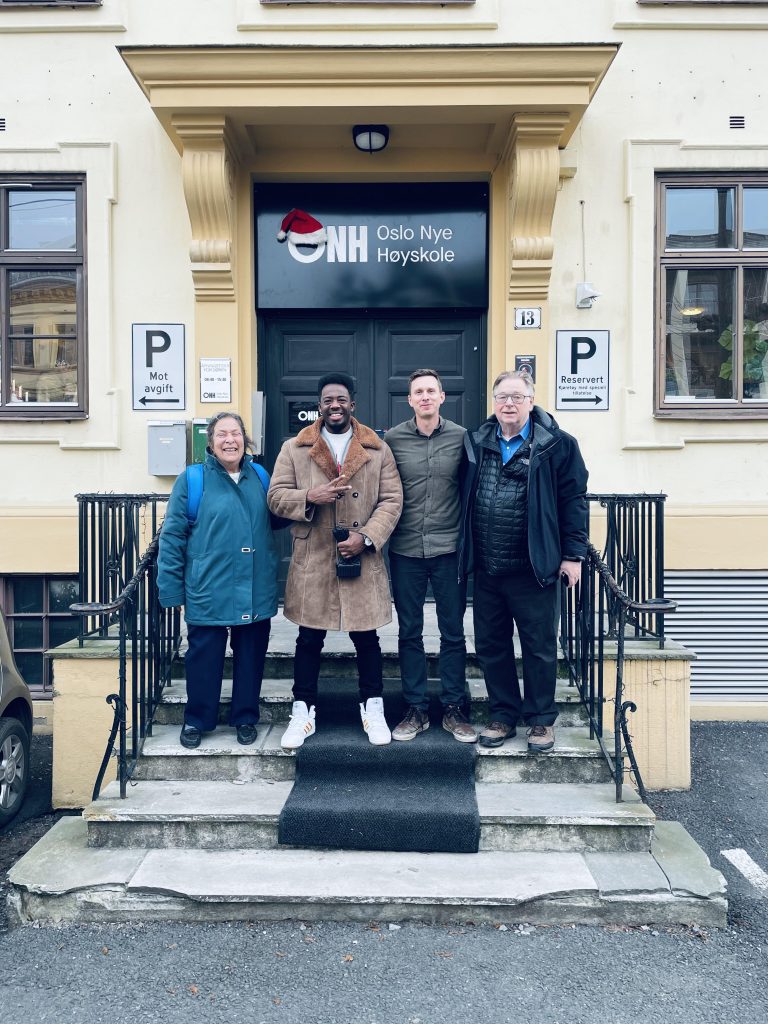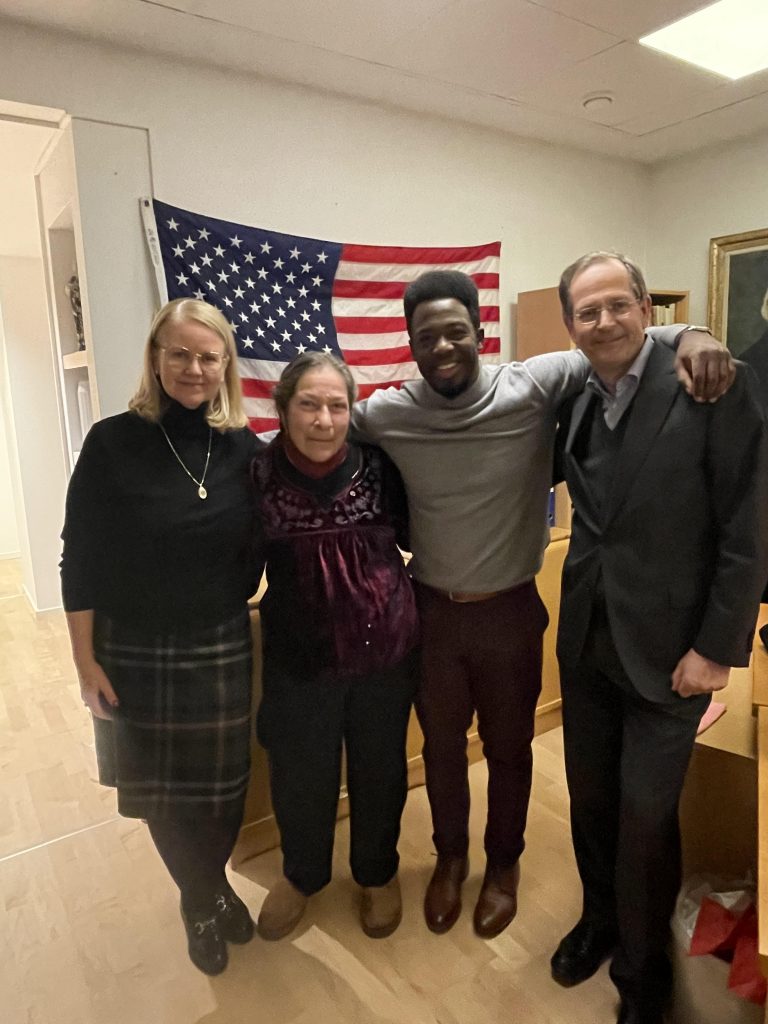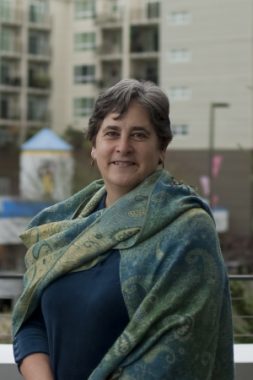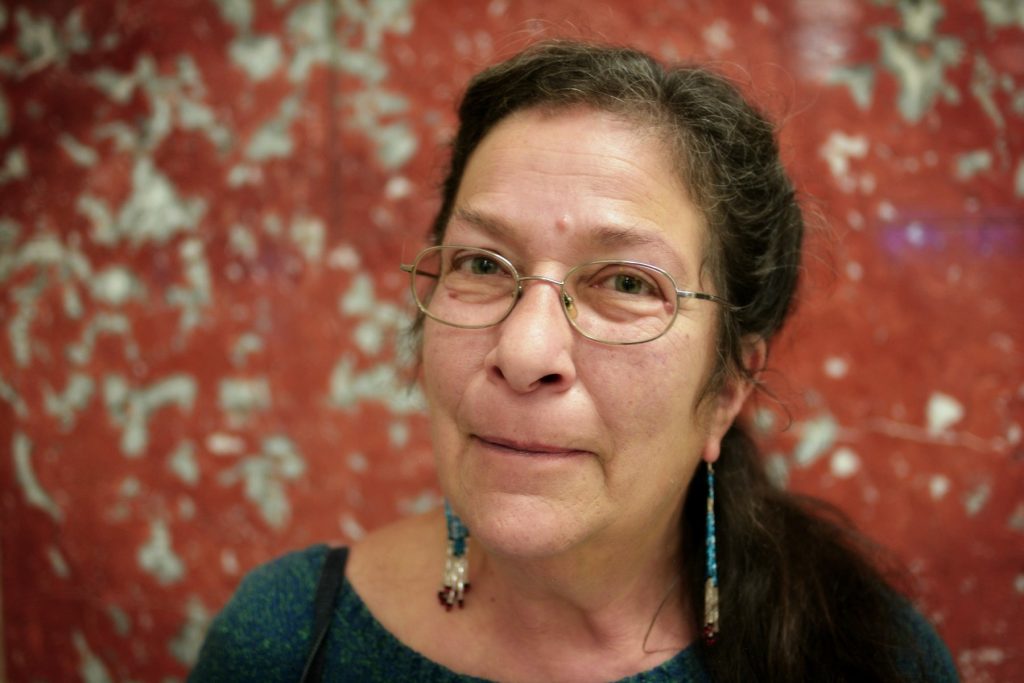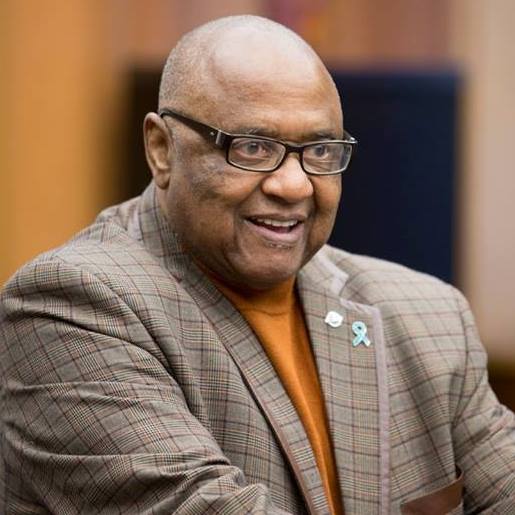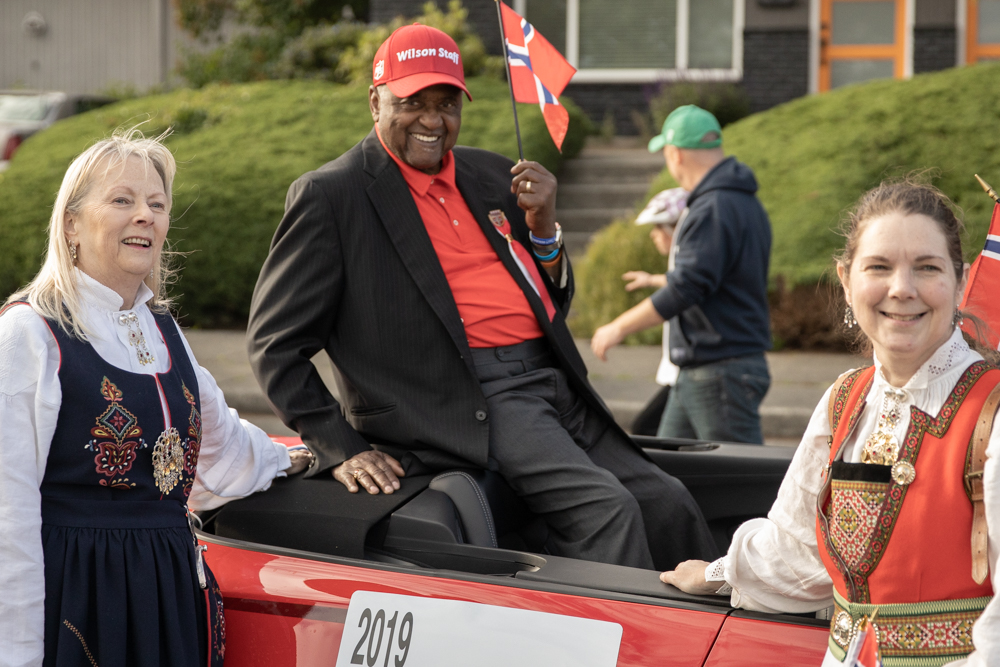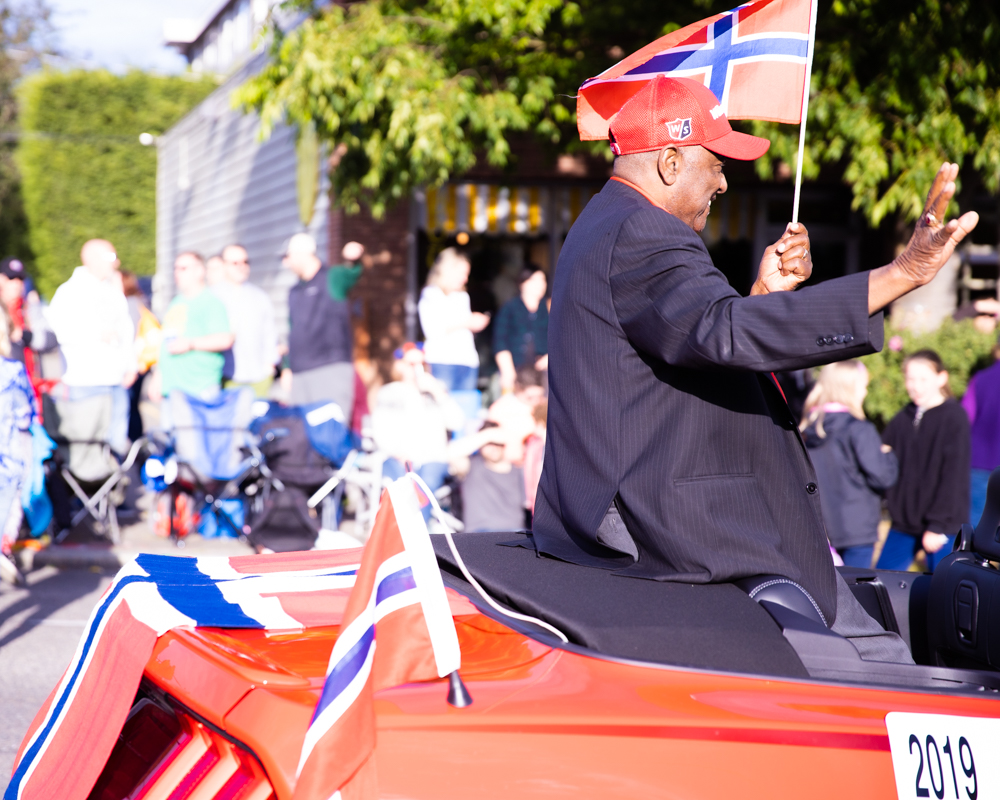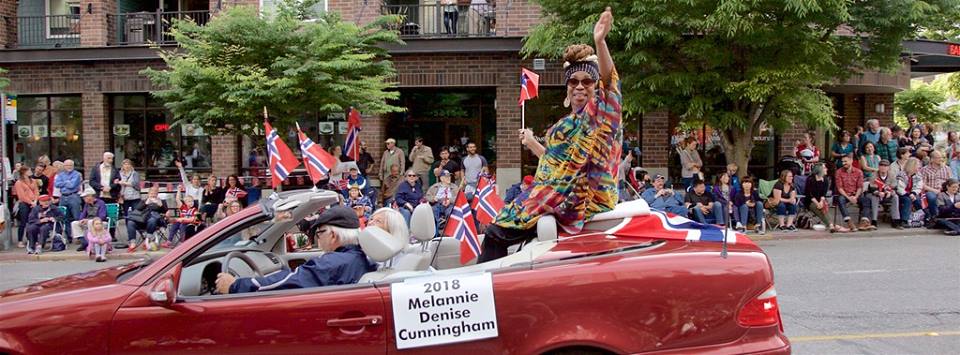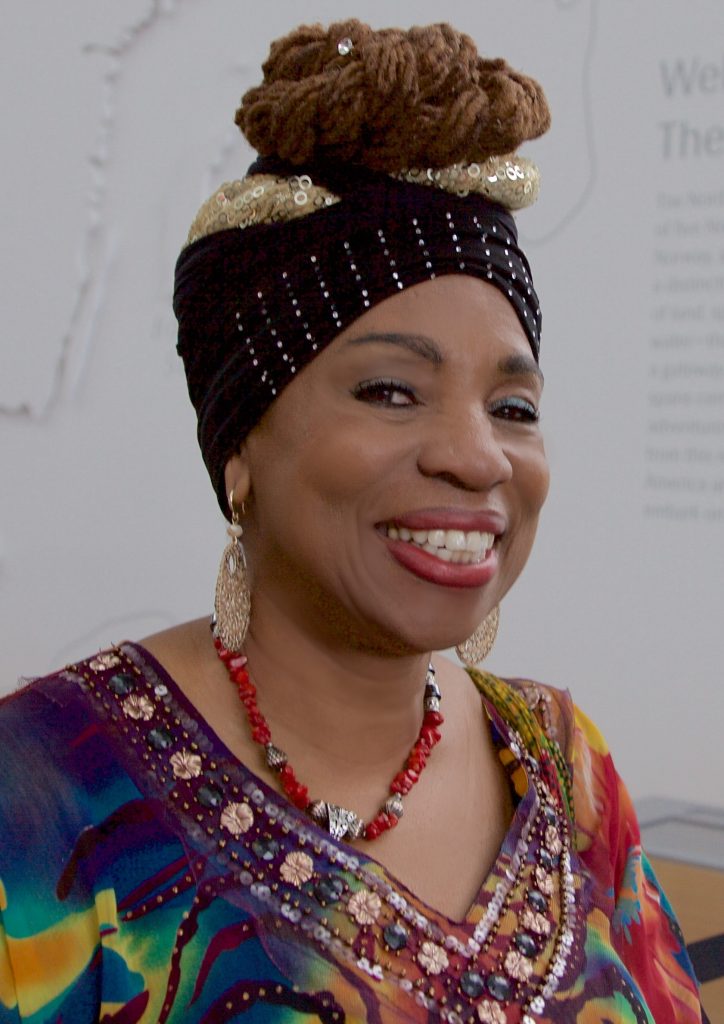The Tacoma Peace Prize is honored to announce Carol C. Mitchell as the 2025 Laureate. Mitchell, an attorney and the founder of the Institute for Black Justice (IBJ), has demonstrated an exceptional commitment to fostering peace through the pursuit of social justice, the defense of civil and human rights, and the advancement of racial equity.
The selection committee was particularly impressed by Mitchell’s dedication to addressing systemic inequality, especially as it impacts children, youth and families. The IBJ, founded by Mitchell in 2020, tackles critical issues such as the disproportionate involvement of Black youth in the criminal justice system, the negative effects of public benefits and housing policies on families surviving poverty, and the need for a “keeping families together” approach to child welfare. Her work provides a powerful example of how legal expertise can be used to build a more equitable society.
Mitchell’s commitment extends beyond national borders. Her engagement in Ghana, where she supports children and families in their educational pursuits, showcases her understanding of the interconnectedness of global communities and the importance of promoting peace through education and cultural exchange.
Her strong family values and connections are an integral part of Mitchell’s life and work. Raised in a large family of nine children, with five boys and four girls, she learned the importance of community, support, and advocacy from an early age. These values continue to manifest in her life, notably in her dedication to her grandchildren, demonstrating an emphasis on intergenerational peace-building and the importance of nurturing the next generation.
A cornerstone of Mitchell’s work is the Institute for Black Justice, which carries out its mission through impactful programs. The CHIMES Family Advocacy Program provides crucial support and advocacy for families navigating the complexities of the child welfare system. Additionally, the Unlocking Justice program, which includes Project Gideon, seeks to remedy the long-term disproportionate impacts of civil and criminal law on families of color. These programs exemplify Mitchell’s and the IBJ’s comprehensive approach to achieving justice and fostering peace within the community.
As nominator Maralise Hood Quan stated, “A strong sense of justice guides how Carol invests her time and love for other people… Without justice, there can be no peace. Carol peace-creates and peace-builds through insisting on and pursuing justice.” This statement encapsulates the spirit of Mitchell’s work and its alignment with the Greater Tacoma Peace Prize’s mission.
The Tacoma Peace Prize recognizes Carol C. Mitchell for her impactful work, her holistic approach to peace-building, and her unwavering advocacy for a more just world. Her leadership, vision, and tireless efforts make her a most deserving recipient of this honor.
